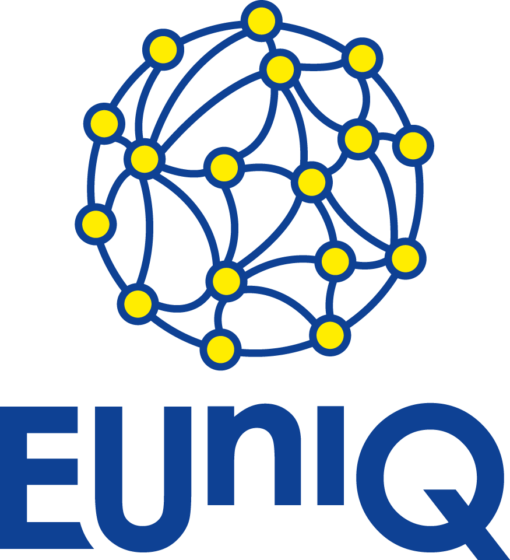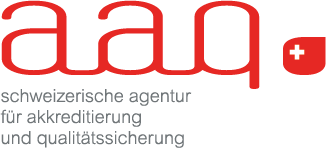The EUniQ quality assurance model: a smart simplification of current systems!
 In the past two years, the AAQ has been actively involved in the EU-funded project “Developing a European Approach for Comprehensive QA of (European) University Networks” (EUniQ) coordinated by NVAO on behalf of the Flemish Community. The project consortium comprised eight quality assurance (QA) agencies, six ministries and the European stakeholder organisations EUA, ESU and ENQA.
In the past two years, the AAQ has been actively involved in the EU-funded project “Developing a European Approach for Comprehensive QA of (European) University Networks” (EUniQ) coordinated by NVAO on behalf of the Flemish Community. The project consortium comprised eight quality assurance (QA) agencies, six ministries and the European stakeholder organisations EUA, ESU and ENQA.
Why the need to develop and test a comprehensive external QA model for Europe? Because of the newly established EU-funded European Universities that are “alliances” of higher education institutions who profit from each other’s strengths in order to offer Europe-wide education, research and activities in different leading areas. So far, 41 alliances exist, involving 280 higher education institutions from 26 EU countries, each with their own national requirements for quality assurance, with a clear risk of a multiplication of procedures, mutual recognition issues and non-sense burden…
The EUniQ aimed to find a flexible one-fit-all solution and was developed and tested at an early stage of development of the first new-born European Universities, identifying well in advance the formal obstacles to be overcome in the presence of different responsible jurisdictions and their respective legal requirements.
Swiss higher education institutions can participate in the alliances as third-country partners, having no eligibility for EU funds. The AAQ played a key role in the EUniQ project, bringing the experience of an external QA system that is adaptable to the internal QA strategy and goals, flexible and applicable to different contexts and profiles of institutions. This starting point, together with the “appreciative approach” applied in Flanders, was duly taken into account in the development of a framework that had to fully adapt to the individual alliances, be simple and not include unnecessary documentation.
Most importantly, the external QA framework identified had to respond to the need of being self-sufficient, not adding an additional layer of checks and controls above all the national ones, and still assure accountability in certifying the quality of provisions.
The result of all this consists of a system organised around the following inter-related questions:
- What is the European University’s vision on the quality of its education, research, innovation and service to society?
- How will the European University realise its vision on quality?
- How does the European University monitor to what extent its vision on quality is actually realised?
- How is the European University working on improvement?
- How is the quality of the European University’s provision assured in an internationally accepted manner, respecting the EHEA principles and objectives?
This is translated in a framework including only four qualitative evaluation criteria, focusing on: Strategy and Policies; Policy Implementation; Evaluation and Monitoring; Improvement Policy. What else assures that the assessment adapts to the different alliances? A lot of emphasis is dedicated to the choice of the independent experts taking part in the external evaluation, who have to encompass, in addition to traditional elements of expertise: experience with managing university networks; knowledge on flexible curricula; experience regarding innovation and service to society; internationalisation expertise; experience with e-learning and digitization; intercultural communication skills.
Although meant to be used across borders, the AAQ believes that the tested framework might represent an example on how to simplify current national systems. Meanwhile, for the application of a common framework recognised across Europe, all actors (ministries, agencies, institutions and stakeholders) will need to share information and be willing to integrate an overarching framework within the existing national systems. Current national legislation on QA remains by far the biggest hurdle. The huge differences in legislation across countries make uptake challenging.
One of the EUniQ project outcomes shows that joint evaluations by at least two QA agencies might increase trust in the European QA framework, mirroring the spirit of collaboration that stays at the foundation of European University alliances. This might lead to more uptake by national authorities.
-----
More information and the video of the final dissemination conference can be found here: https://www.nvao.net/en/euniq

Comments are closed.